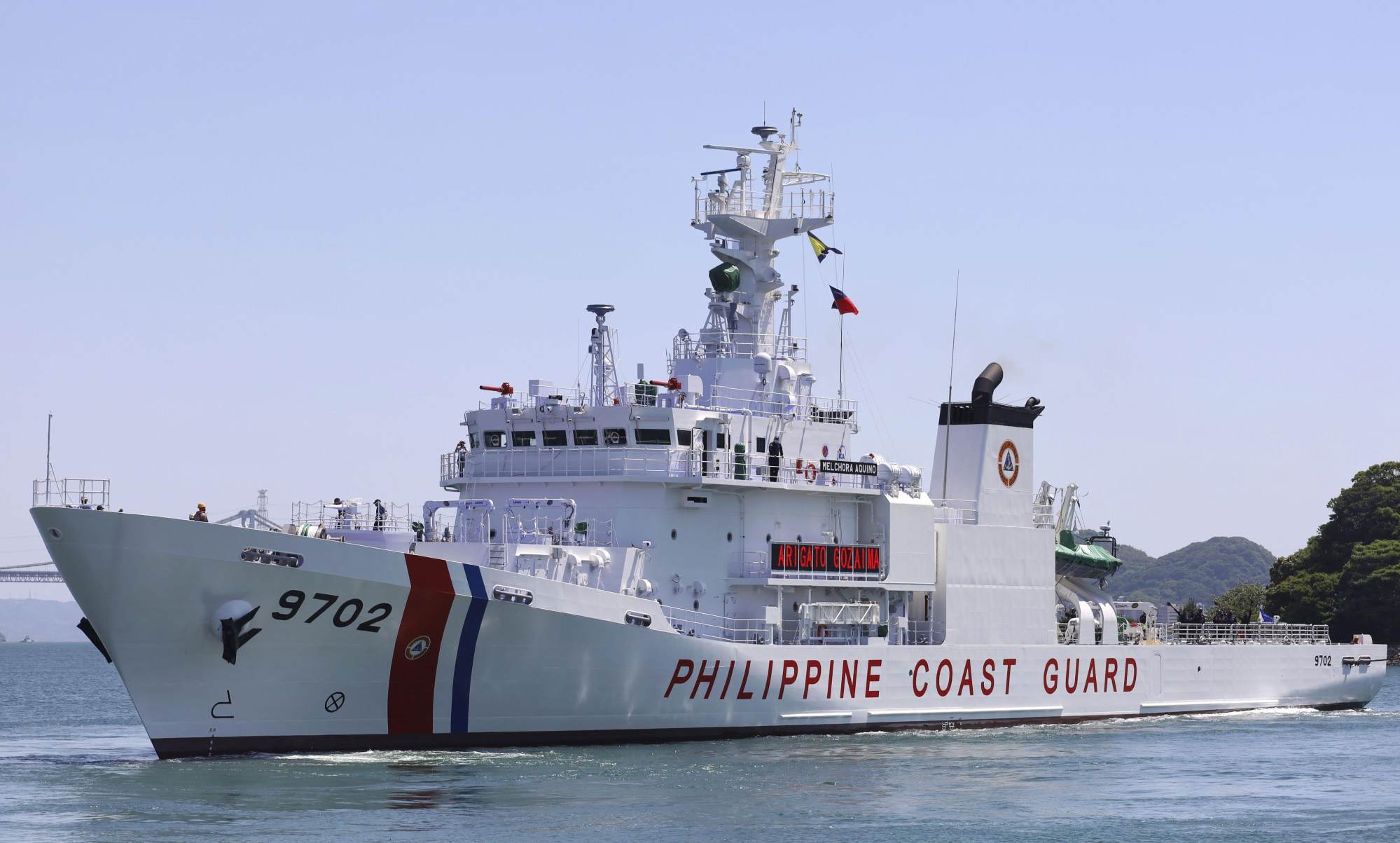
Philippines’ South China Sea deal with Beijing hits another snag over profits
- Discussions did not reach ‘working-level talks’ as Beijing wanted 50-50 per cent revenue-sharing instead of 60-40 per cent deal in favour of Manila
- Negotiations stalled after Beijing pushed for conditions that were unacceptable to the Philippine government, foreign affairs secretary says
The Department of Foreign Affairs on Monday said the deals should adhere to the country’s constitution and international law, adding Manila wished to “build on the gains that have been reached in principle by our predecessors” under a new and mutually agreeable framework.
The ministry also said the discussions that took place during the visits of Chinese Foreign Minister Wang Yi and the International Liaison Department chief Liu Jianchao in July and August had not advanced to “working-level talks”.
Manalo said the negotiations came to a standstill after Beijing pushed for applying conditions in line with its domestic laws that were unacceptable to the government.
As the diplomatic stalemate continues, former foreign affairs secretary Albert del Rosario called on the Marcos administration to go ahead and develop the oil and gas fields that are part of the country’s exclusive economic zone (EEZ) in the disputed waterway.
Del Rosario added the president needed “political will” to find new energy sources to tide over the cost of living crisis that has hit citizens hard.
“The Philippines do not need China’s consent or permission to explore and develop the oil and gas in the West Philippine Sea under international law,” he said in a statement.

The West Philippine Sea is the term Manila uses to describe the eastern parts of the South China Sea that are within its EEZ and territorial waters.
A 2016 UN-backed arbitration ruling made clear the Philippines had sovereign rights to exploit energy reserves inside its 321km EEZ, but Beijing, which claims nearly all of the South China Sea as its territory, has refused to recognise that decision.
Del Rosario said the Philippines should follow in the footsteps of Malaysia and Indonesia which sent their drilling ships last year in their respective waters that are also claimed by China.
“Despite warnings and harassment from China, our neighbours proceeded with and completed their drilling,” said del Rosario, who was the Philippine top diplomat when the country won the judgment under the 1982 UN Convention on the Law of the Sea.
Holding talks with China on oil and gas exploration in the West Philippine Sea would erode Manila’s laws and rights stipulated in the 2016 UN award, he added.
